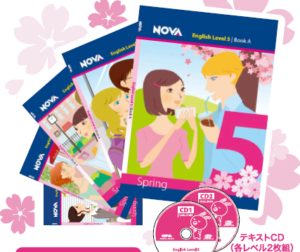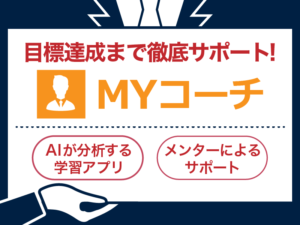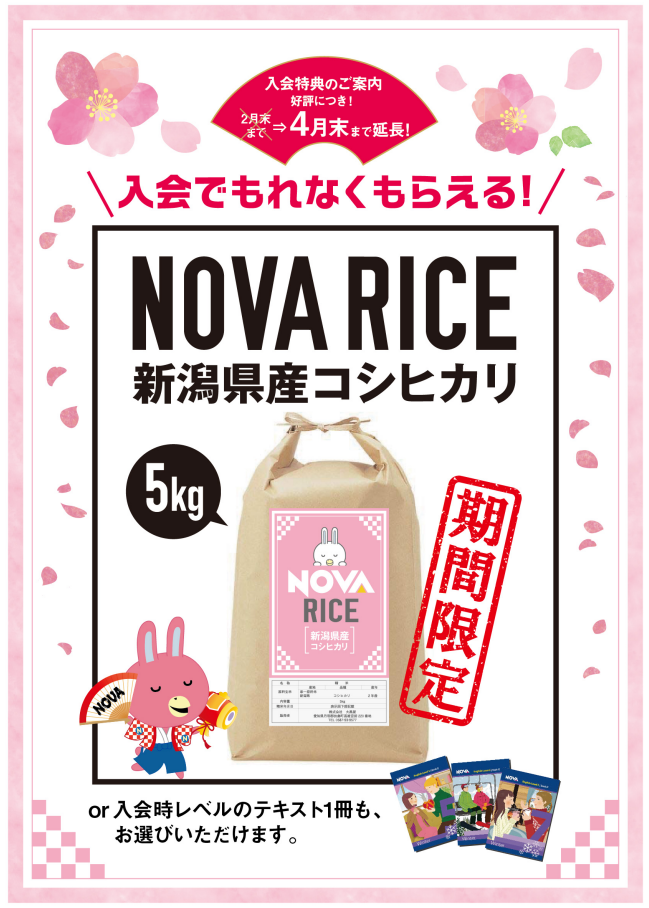こんにちは!
NOVA八王子校です☆彡
今日のテーマはよく間違う英語表現、
ズバリ『和製英語』です!
英語だと思っていたけど、実は和製英語で
通じなかった・・・という経験をお持ちの方も
いるのではないでしょうか??
英語学習をする上で、よりナチュラルな
実際に外国人が使っている英語を身につけたいですよね!
そのためにも、
ジャパニーズイングリッシュから脱却しましょう!

Japanese English Words
As you know many modern day Japanese words derive from foreign countries. We see countless examples of this throughout the language. Some examples that come to mind are the use of “konbini” (from the English word convenient store), and “buffe” (from the French word buffet) are just a couple of such examples.
While they often have the same meaning, there are some cases where the katakana Japanese version of English words have changed in meaning. Here are a list of some examples that some of the instructors have heard while teaching lessons.
Claimer — “kurema” (クレーマー)
In Japan, the use of “kurema” is used to describe someone who complains about something. However, in English, we would simply call someone who complains, “a complainer”. Like how we call someone who swims, “a swimmer”. So we often just add “er” to the end of a verb to get the word for the person who does that action. With this in mind, “a claimer” would be someone who claims. The verb, “to claim”, has many uses, and generally means “to state”, “to assert”, or “to request”. For example, “I’d like to claim my prize,” or in a legal case, “The defendant claims that, Mr.Jones stole his bicycle.”
Mansion — “manshon” (マンション)
If you think of the word mansion, the image of a tall apartment building somewhere in Toyko is probably what you’re imagining. Good for couples and small families, but not what you would expect the richest and most powerful people to call their home. In western culture, a mansion is a ridiculously large house, which you would find movie stars, or tech moguls like Mark Zuckerberg live in. They can often cost tens of millions of dollars, and feature things like indoor swimming pools, with countless numbers of rooms.
Tension — “tenshon” (テンション)
Some students here at the Hachioji branch have described the word “tension” as being the feeling of having an abundance of energy, in a positive way. However, the English version of tension is different. It is often used as a technical term, meaning to apply force by stretching, or is the state of being stretched. When we use for humans, it is a negative feeling, that refers to feeling mental or emotional strain. For example, if I say, “he is tense”, it often means he is stressed, slightly angered, or is feeling pressure. So the Japanese meaning has been flipped to almost the opposite meaning of the original.
これらはほんの一例です!
和製英語ではなく、ネイティブ表現を身につけたい!
という方はぜひ、NOVAのレッスンがオススメ♪
ネイティブ講師が指導しますので自然な表現を学べます!
今ならオンライン限定の『脱ワンパターン英会話』で
表現力を大幅UPできるスペシャルもご用意!
詳細は校舎までお問い合わせください☺
体験レッスンのご予約も受け付け中!!
*…+ *☆ *…+ *☆*…+ *☆*…+ *☆*…+ *☆*…+ *☆
JR中央線、横浜線、八王子駅北口より京王八王子駅方面へ
徒歩2分、オグラ眼鏡店様のビル4F。
↓説明会・無料体験レッスンお申し込みは↓
●フリーダイヤル:0120-324-929
●NOVA八王子校:042-631-9676
*…+ *☆*…+ *☆*…+ *☆*…+ *☆*…+ *☆*…+ *☆



























